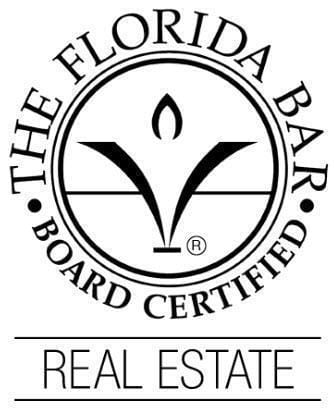If you’re a real estate investor, then you’ve probably heard of a 1031 exchange. Its name comes from Section 1031 of the Internal Revenue Service’s (IRS) tax code. It describes how investors can delay having to pay capital gains taxes when they sell an investment property. They use the proceeds from the sale to purchase a different like-kind home to add to their portfolio. Many real estate investors find it helpful not to incur taxes immediately when selling an investment home. It allows them to sustain their focus on investing.
Financial analysts generally recommend that real estate investors pursue a 1031 exchange if their home has a higher value today than when they first purchased it.
Many investors are familiar with the 1031 exchange but don’t know that there are alternatives that may be more beneficial for them to pursue instead of it. These options include a simultaneous, reverse, construction or improvement and a delayed exchange.
The simultaneous exchange process involves an investor selling off one property and replacing it with another in a single day. If there are any delays, such as in wiring the funds, then an investor may be responsible for paying the full amount of applicable taxes.
Investors who pursue the reverse exchange process may request special accommodations from a titleholder to purchase their new home. This process often happens if an investor locates a new home before their current one sells.
Improvement and construction exchanges allow investors to use any proceeds that they make from the sale of one investment property to renovate the replacement one that they buy.
Delayed exchanges are quite common. They allow investors to sell a property before buying the new one. A third party holds the proceeds from that sale until they identify the new property that they plan to purchase. The third-party later transfers the funds to aid the investor in buying the replacement home.
Many investors pursue a 1031 exchange to save themselves from paying taxes on the sale of their investment properties. Many of them opt for this option because they’re not aware that there are alternatives that may be more advantageous for them to pursue. An attorney will ask you more about your short- and long-term objectives before advising you which one of these may be best for you.




